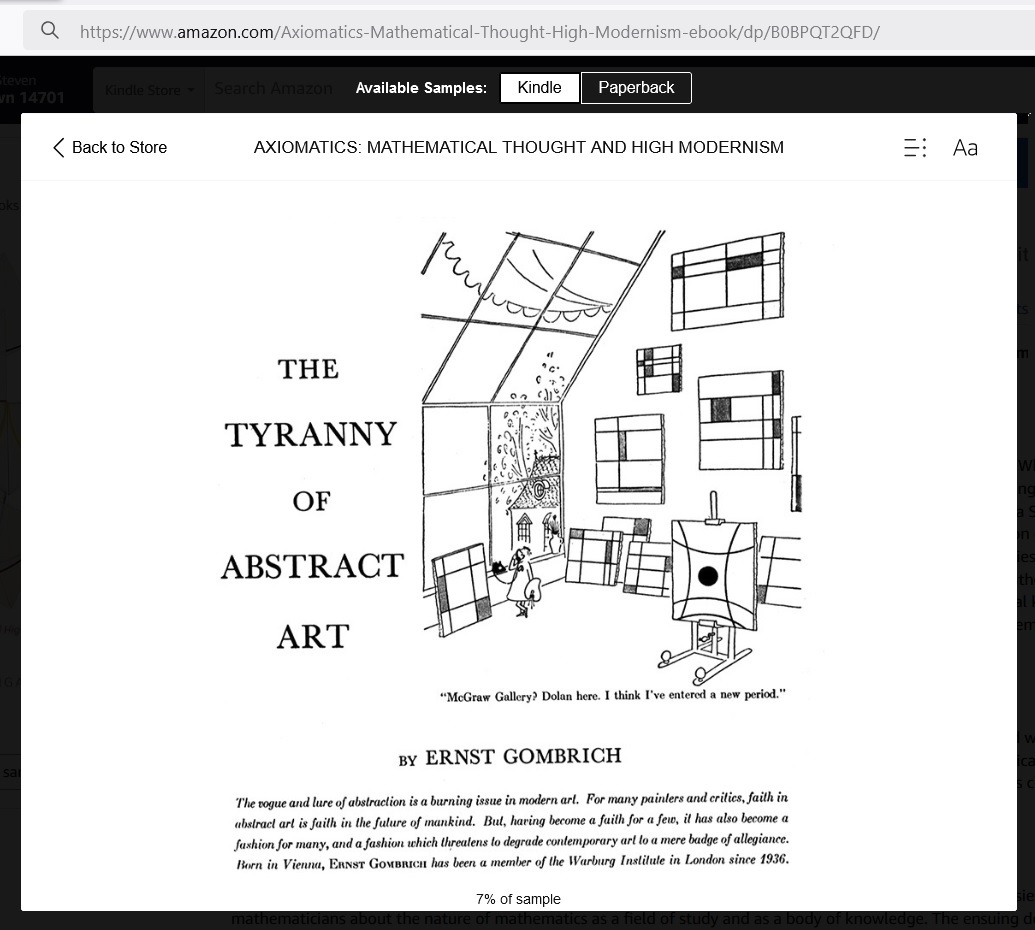Time and the River
Harvard Class of 1964
Twenty-fifth Anniversary Report:
"At this writing (November, '88), President-elect Bush has just announced his intention to name me to his Cabinet and to nominate me as Director of the Office of Management and Budget. Given the state of play in Washington, I suppose I may find myself in premature retirement by the time this report is published.
That is not an entirely unattractive prospect. Kath (Kathleen Emmet, '64) and I live in an idyllic setting, overlooking the Little Falls of the Potomac, just twelve minutes upstream from the Capitol. She writes– she's now completing a book on American writers in Paris after World War II. Our children (Willy and Jonathan) do what healthy growing twelve- and seven-year-olds do. The river works its way peacefully over the falls and riffles around a woodsy island through the Chain Bridge narrows, and then on into the familar wide mud-basin of Washington– a wholly different world.
When I was an undergraduate, I asked all the adolescent questions. I still do: Why does the river flow the way it does? Why does one move downstream and back? The allure of such simple questions is as great for me today as when we talked of them so seriously and so long at the University Restaurant or the Casablanca, or on the steps of Widener. The only difference seems to be that I'm now a bit more willing to settle for answers that seem simpler, less profound, sometimes even trite. But only a bit."
— Richard Darman, who died today at 64




